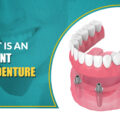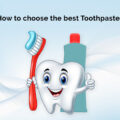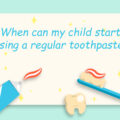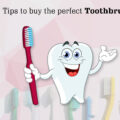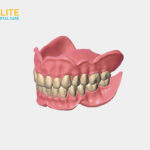
oral health
edental
20 May 2019
Healthy Foods that are Actually Good for Your Teeth
Gum disease and tooth decay is still one of the widespread disease in our society. You matter and so does your oral health, you might be doing a great job in taking care of your teeth by brushing, flossing,mouthwash and regular dental checkup but sometimes even that is not enough. You wonder why? The answer might be hiding somewhere in your refrigerator. Yes, if you don’t watch what you eat then you are inviting more trouble than you can handle. You already know that sugars and acids from food and drinks can do damage to your teeth however there are other healthy foods that not only focuses on boosting ones oral health.
Our entire body needs nutrition to function properly, that includes our mouth too. Specific nutrients help different parts of your body function properly.
The outer layer of the tooth is enamel, which is known to be the strongest bone in your body, as well as a mineral. As sugar and acid promotes breaking and damaging of enamel, adding minerals such as calcium and phosphorus can make our teeth healthy and strong again. Calcium and phosphorus play basic roles in countless biochemical reactions at the cellular level. They are also the main components of the skeleton. Phosphorus is in almost all animal and vegetable healthy foods and is often found in foods that contain calcium. Milk and dairy products, fish bones (such as in canned salmon and sardines), and dark-green, leafy vegetables are the best sources of calcium.
Food products which are rich in water will produce more saliva on being chewed and saliva is considered to be the best natural neutralizer of the bacteria that causes cavities. Its mainly the texture of these foods that gently scrub and clean the surface of the teeth removing food particles and plaque while eating. Chewing raw carrots, celery and other fibrous and hard vegetables stimulates the gums and help to generate mouth cleansing saliva. Carrots and celery are also good sources of beta carotene, which your body needs to create vitamin A, which is essential for strong teeth.
Do You Really Need a Root Canal Treatment
Did you know Vitamin D is very important for your oral health as well, as it is what allows us to absorb calcium. Without it, your entire mouth would suffer from calcium deficiency, leading to underdeveloped teeth, gum disease, and tooth decay. First signs of vitamin D deficiency include tooth decay and bleeding gums. If vitamin D deficiency continues, it can lead to digestive, immune system, and brain disorders. This is why it’s so important not to ignore dental health issues. The two main ways to get vitamin D are by exposing your bare skin to sunlight and by taking vitamin D supplements. You can’t get the right amount of vitamin D your body needs from healthy foods.
Without enough Vitamin C your gums may become more sensitive as well as more susceptible to bacteria that causes periodontal disease. It is Vitamin C that strengthens blood vessels and reduces inflammation which may help reduce gum inflammation. Vitamin C is also needed to produce collagen which is a key protein that helps you fight periodontal disease. Fruits like broccoli, lemons, lychees, papaya, oranges and strawberries are known to be the best sources of strawberries.
Chewing down on leafy greens, such as kale, collards and spinach, can help you increase your vitamin K as it acts as a shield for all your bones including enamel. It also blocks substances that break down bone. It also helps your body produce osteocalcin, a protein that supports bone strength. Last but not the least you also need Vitamin A, it helps keep mucous membranes healthy. It also prevents dry mouth and helps your mouth heal quickly. Apricots, cantaloupe, pumpkin, carrots and sweet potatoes are some fruits that can help you get this in sufficient quantities.
